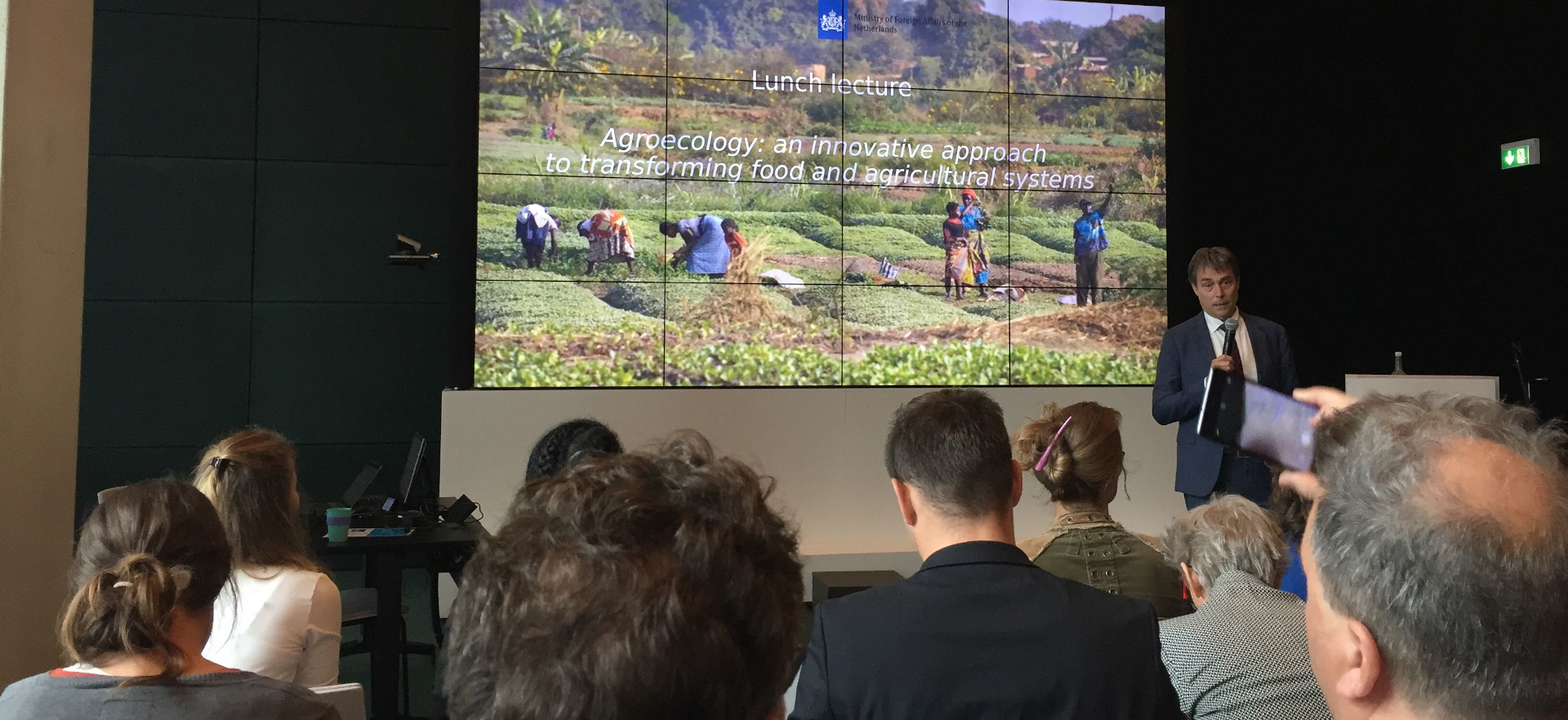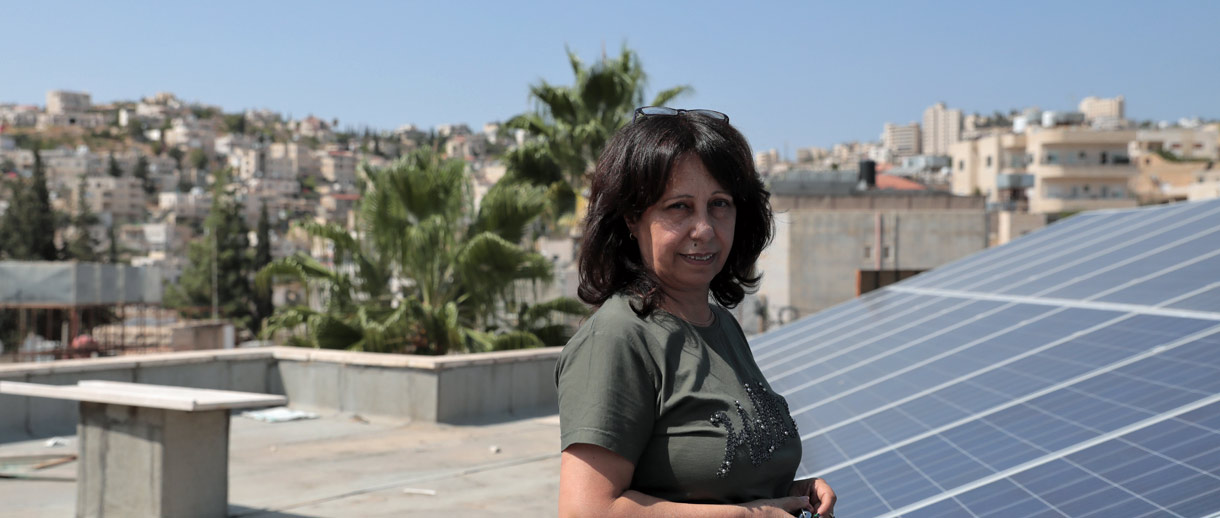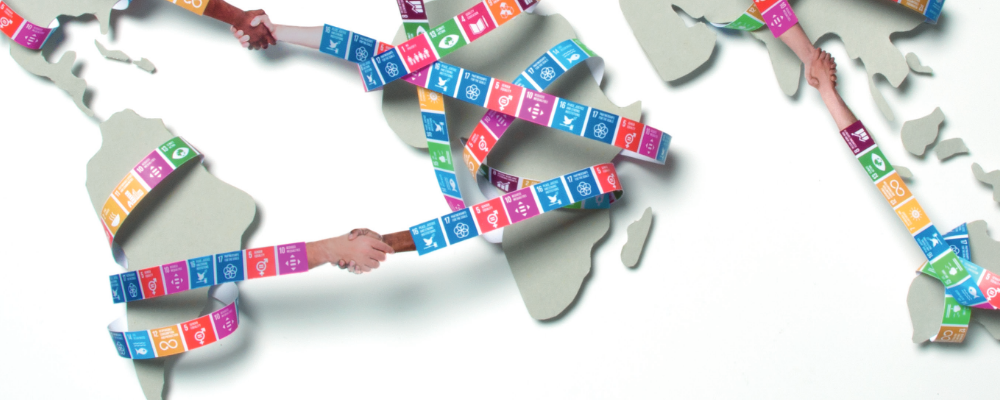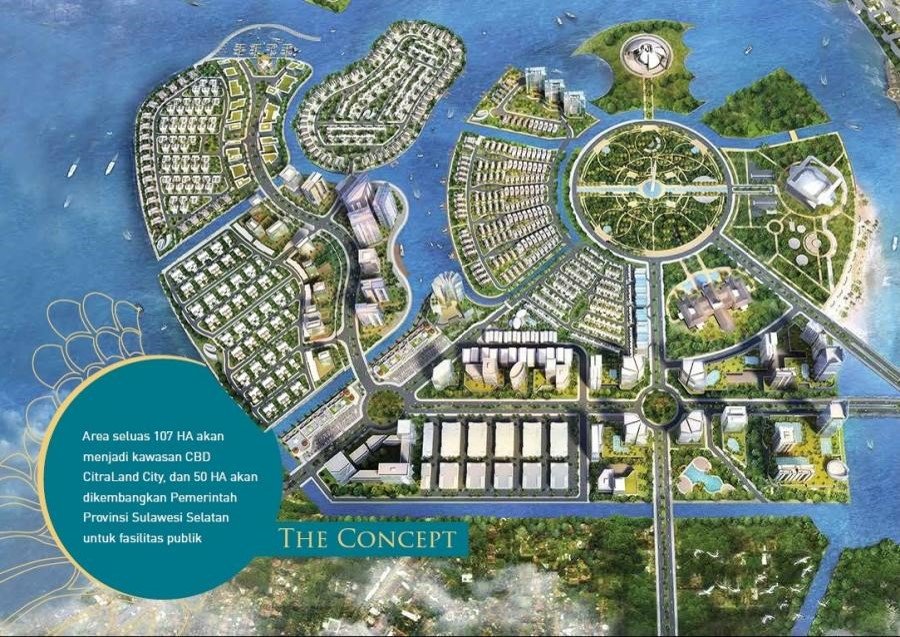17-International Collaboration and Partnerships

Related articles

Review: The FGG European elections debate (May 12th 2019): Promises politicians made (Mainly in Dutch)
Dutch European candidates unanimously support UN Binding Treaty for international trade and green investments.

Improved Trade & Investment
On of the three objectives of the Fair Green & Global Alliance is to improve trade and investment to advance socially just, inclusive and environmentally sustainable development.

Mutual Capacity Development
In the words of the Dutch Ministry of Foreign Affairs, ‘strong civil society organisations make it easier to hear the voice of the people’. FGG believes this is true both within a country’s borders and beyond them. A remote voice can best be heard when the signal is transmitted loud and clear, received loud and clear, and relayed loud and clear. Global cooperation is all the more important given the current context of ‘shrinking space’ for civil society engagement. In many countries, including democratic ones, civil society actors are facing an increasingly hostile environment. The ability to organise, assemble, operate, raise and secure funds, not to mention express dissent, is increasingly limited by repressive policies, laws and practices, including intimidation and violence perpetrated by both non-state and state actors against human rights defenders. This is especially true for groups at the frontlines of the struggle for inclusive, sustainable development: grassroots, community-based, social, economic, political, environmental and gender justice movements. Now more than ever, strong, well-networked civil society actors are needed everywhere around the world to resist this trend.
FGG works to strengthen civil society actors to advocate and lobby for socially just, inclusive and environmentally sustainable societies using what we call a mutual capacity development approach. This publication, which was inspired by stimulating discussions with the Dutch Ministry of Foreign Affairs, describes in detail what we mean by mutual capacity development and why we believe it is the most effective approach for fair, green and global change.

Agroecology can feed the world (and save it)
Last September, the Fair, Green and Global (FGG) Alliance, the Ministry of Foreign Affairs and the Ministry of Agriculture co-organized a lunch lecture on agroecology. Agroecology touches on a wide range of aspects that are central to FGG's mission by providing an integral approach of social justice and environmental sustainability. At this lunch lecture prof. dr. Pablo Tittonell (INTA, RUG) presented a wealth of scientific proof that underpins the power of agroecology.

Power of Voices & The Fair, Green and Global Alliance
In 2021 the new Power of Voices policy framework of the Dutch Ministry of Foreign Affairs will start with twenty strategic partnerships. The Fair, Green and Global Alliance (FGG) has been selected to enter the third stage of the application process.

Palestinian women GROW own sustainable energy
A group of Palestinian women reclaimed souvereinty over their energy supply. Together they engaged with the Ministry of Energy, the Ministry of Women and the Ministry of Economy to advocate for the empowerment of women in the energy sector and for gender sensitive energy laws. They discussed the obstacles women face in this sector and what opportunities could empower them. This resulted in the Ministry of Energy launching a new project called ‘GROW’, meant to support initiatives by women in the area of renewable energy.

Six recommendations to coherently realise the SDGs
The United Nations’ Sustainable Development Goals (SDGs) provide an unprecedented and invaluable opportunity in the direction of global transformative change of societies and the environment for the good. This paper sheds light on this transformative power of the SDG agenda. It shows the opportunities that are available to assure coherence and the precedence of people and the planet in the realisation of the SDGs, not least via the transformative solutions that grassroots organisations, communities, and civic movements from around the world put forward. And it presents six concrete recommendations that could help governments to implement policies and practices to realise the SDGs as such that they fulfill their potential: “peace and prosperity for people and the planet, now and into the future”.


